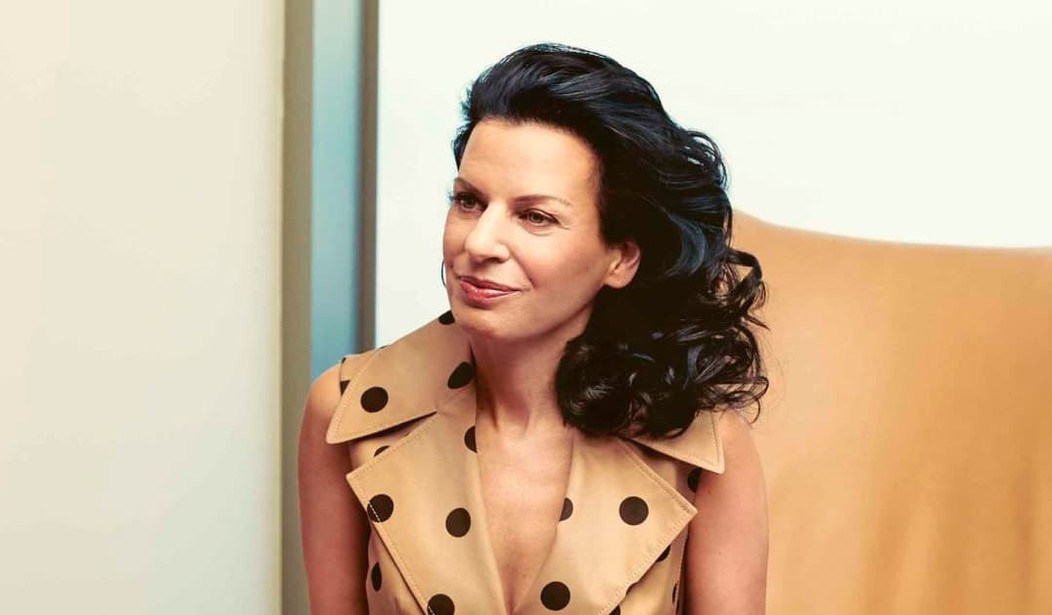The recent mass shooting at a Colorado Springs LGBTQ nightclub was a tragedy and it’s also led to the usual rounds of public debate about gun control, mental health, and all the rest. One aspect of the story that only emerged later casts a bit of a different tone, however. It’s been confirmed by multiple sources that a lot more people would probably have died were it not for the actions of two heroic people who charged the gunman and beat him with his own weapons, putting an end to the killing. This happens in far more active shooter incidents than you might imagine. In this case, the people who intervened were not themselves armed when they went to the club, but they still chose to fight back rather than run away or simply wait to die.
Their actions have clearly spurred a possible change of heart on this topic for Juliette Kayyem. She’s a prolific author and noted security expert who has worked for the Department of Homeland Security on terror-related issues. She’s a Harvard graduate who served under the Obama administration and is a Democrat. I point this out because she hasn’t traditionally been someone to push for more Second Amendment freedoms, to put it mildly. But in a piece this week at the Atlantic, Kayyem concedes that the theory of “run, hide, fight,” (with fighting only being a last resort when there is no other choice), might need to give way to intervention, particularly in mass shooting events. And perhaps the idea of “a good guy (or gal) with a gun” isn’t quite as foolish as she had previously believed.
“Run, hide, fight” has been the guiding principle in my profession—security—for decades. Running is preferred; hiding if it is the only response possible; fighting if there is no other choice. The motto describes the active-shooter-response training that has emerged for populations as diverse as high-school students, office workers, and those who are out partying on a Saturday night. No active-shooter situation is the same, so it isn’t a hard-and-fast rule, of course. Younger children, for instance, are subject to controversial lockdown training instead…
If this all sounds clinical and antiseptic, it is. Lives are not saved in the midst of an attack by railing against our permissive gun culture. During the 1999 Columbine High School massacre, 10 of the 12 murdered students perished inside the school library—a room where they believed they could hide safely. In the years that followed, “Run, hide, fight” emerged as sort of a dismal new take on “Stop, drop, and roll.” But fighting—or engaging with the assailant—was never really taken seriously; the British, with fewer armed civilians than the U.S. but with significant domestic-terror threats, even dropped the fight from their training and simply urge “Run, hide, tell”—as in tell the authorities. Something about it is quaint. I’m now asking myself whether we in the U.S. have been too dismissive about fighting back.
Note that even in the midst of praising the heroes who ended the shooting spree in Colorado Springs, Kayyem reflexively includes the phrase “our permissive gun culture.” I only point this out to reinforce the fact that we’re not hearing from some staunch Second Amendment champion here. She favors gun control and has not previously railed against gun ownership restrictions for the law-abiding.
The liberal media continues to try to “debunk” the idea of the good guy with a gun. (Or in this case, some good guys with fists and a lot of moxie.) But the reality is that armed bystanders have preemptively ended active shooter situations on many occasions. Kayyem even points out that police response times can often be too slow to intervene before the attack has ended, a problem only made worse during all of the “defund the police” madness.
My point here is that if someone like Juliette Kayyem can begin to see the light and rethink the difference between the lawless and the law-biding and air those views in the digital pages of a liberal outlet like The Atlantic, perhaps a long-awaited shift in national attitudes is taking place. Her explanation is logical and well-founded. Nobody wants to see a mass shooting take place and stopping the assailant before one begins will always be the optimal situation. But they do happen, unfortunately, and training people to try to run and hide has been shown to be ineffective in the extreme. Look no further than Uvalde, Texas for proof.
Of course, this change in attitudes won’t help in places like New York or California, where the law-abiding aren’t allowed to carry in bars. The unfortunate souls in those situations will be forced to resort to a more physical (and dangerous) intervention. But just imagine if one of the heroes in Colorado Springs had been carrying a 9 mm in a shoulder holster and had the drop on the shooter when he arrived with a long rifle. The casualties might have been far lower in number, or perhaps even zero. I offer this simply as something to consider as the debate moves forward.








Join the conversation as a VIP Member